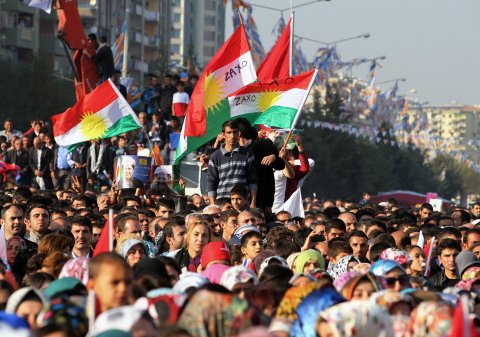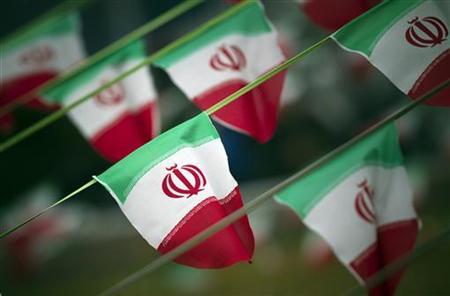[captionpix align=”left” theme=”elegant” width=”320″ imgsrc=” http://www.csmonitor.com/var/ezflow_site/storage/images/media/content/2013/0712-un-malala-education-for-all/16336661-1-eng-US/0712-UN-Malala-Education-for-All_full_600.jpg ” captiontext=””]
“One child, one teacher, one pen and one book can change the world” – Malala Yousafzai
Malala Yousafzai, 16 year-old Pakistani advocate for girls’ education and Nobel Peace Prize nominee, addressed the United Nations Youth Assembly on July 12 in New York. Yousafzai courageously faced not only United Nations’ Secretary-General, Ban-ki Moon; leaders from more than 100 countries; and a forum of delegates of the United Nations Youth Assembly; but also – though indirectly – her attackers, the Taliban gunmen who shot her twice in the head while on her way to school with fellow students last October, potentially resulting in further risk of remaining a target for the Taliban’s tactics of oppression. Despite a childhood of terror, Yousafzai proves to those in attendance and elsewhere across the globe that one voice can impact the world for the better.
Her message, though seemingly simple, is acknowledged with difficulty and danger, especially in the context of radical Islamic fundamentalism and in other conflict-affected countries, where many children remain uneducated and illiterate. The United Nations Educational, Scientific, and Cultural Organization (UNESCO)’s Director-General, Irina Bokova, realizes that poverty and armed conflict continue to destroy “not just school infrastructure, but also the hopes and ambitions of a whole generation of children.” Yousafzai claims that education and its weapons of books and pens are the solutions to illiteracy, poverty, and terrorism. Only when these are replaced with the emancipation of women can women be hopeful without hostility in their struggle for freedom and with modernity, as was experienced by Yousafzai during her miraculous recovery: “Weakness, fear, and hopelessness died; strength, power, and courage was born.”
What Yousafzai dreams of most of all is the commitment of her supporters to acknowledge the importance of education and the potential and threatening determination that an education provides, and to fight against human rights violations and for the rights of displaced peoples. A good first step has been taken by Ban-ki Moon and his Global Education First Initiative, launched in September 2012. While systems and curriculums vary across the globe, the value of education is undoubtedly agreed upon by many people of different backgrounds, political views, socio-economic statuses, colours, and faiths. While Yousafzai maintains that “one child, one teacher, one pen and one book can change the world,” one voice – the voice of Malala Yousafzai – has already reached many people world-wide, and has the potential to make her dream a reality.



